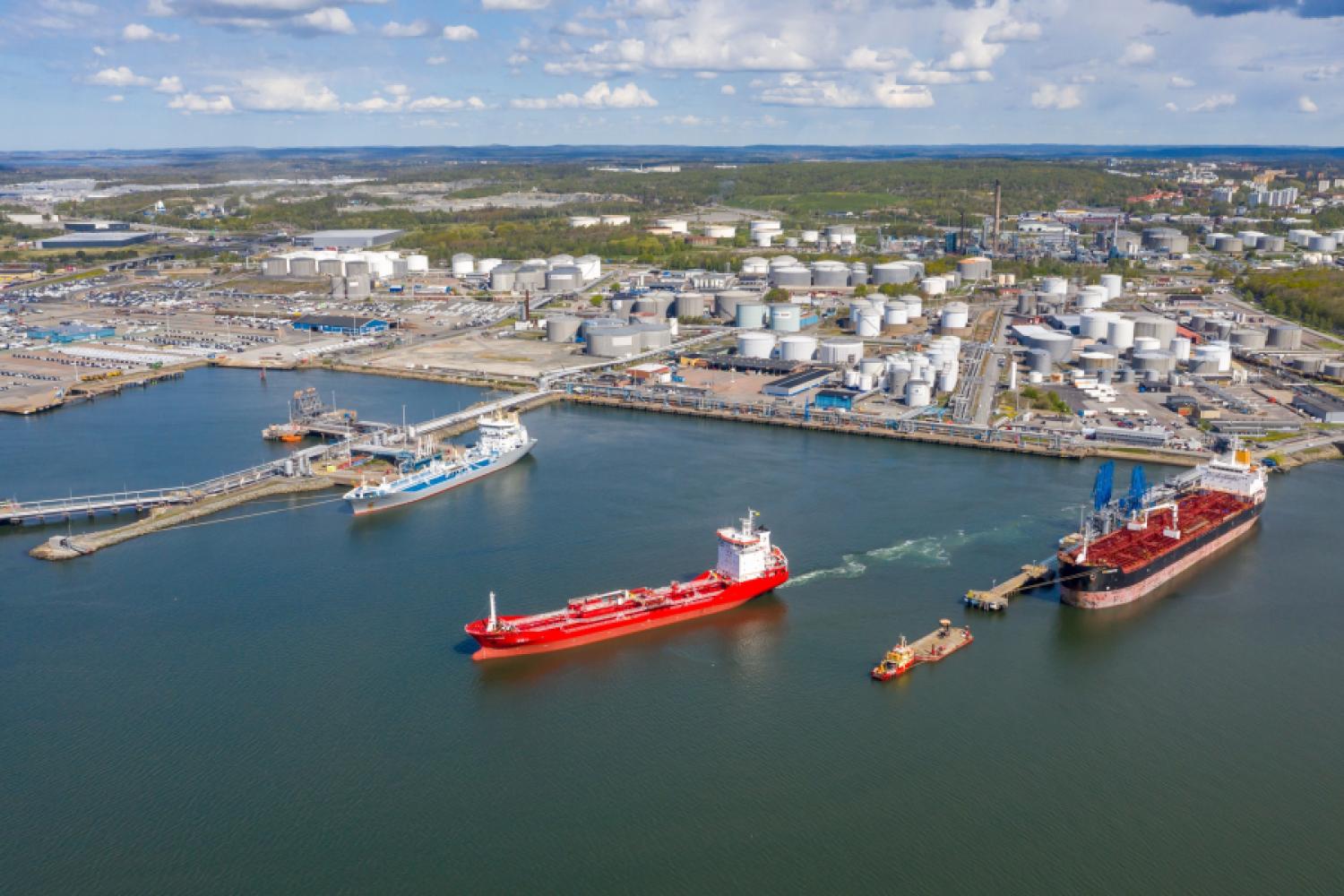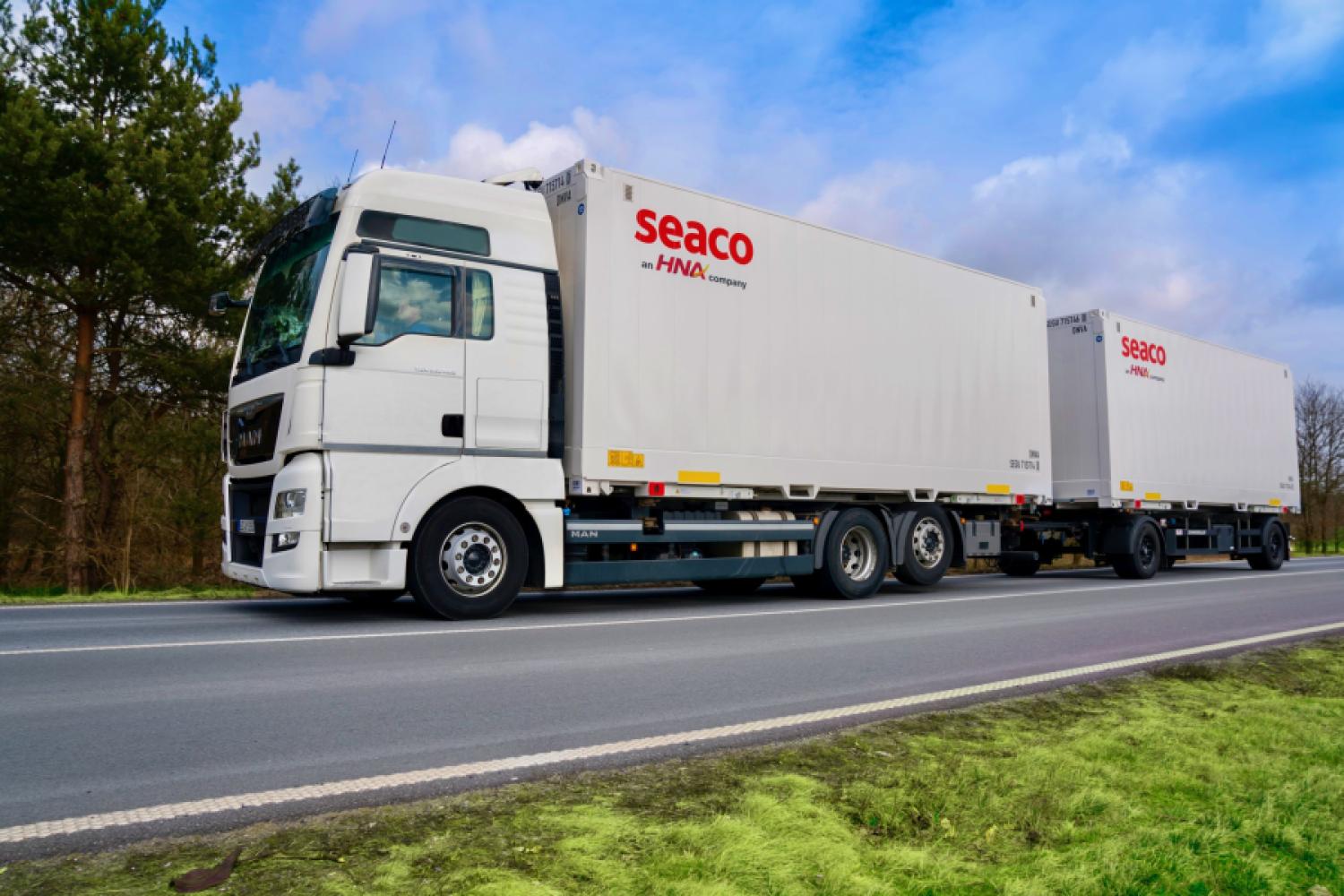Despite seasonal revitalization in the first quarter of 2025, road freight transport in Germany remains characterized by structural bottlenecks and economic uncertainty. This is according to the recently published market report by the European Load Network of International Forwarders (Elvis) AG. According to the assessment, the transport sector is also feeling the effects as the German economy could not significantly recover at the beginning of the year.
The gross domestic product increased by only 0.2 percent compared to the previous quarter, but was still 0.2 percent below the previous year's level. The weak production figures in industry and the ongoing slump in the real estate market continue to have a burdensome effect. In contrast, online retail recorded significant growth, and the construction industry benefited slightly from the mild spring. An Elvis board member comments on the situation: “The ongoing stagnation of the German economy in the first quarter requires companies to be flexible
and plan ahead to remain operational even in difficult times.”
According to the market report, the construction sector is feeling the first effects of announced government infrastructure measures. In March, construction production increased by 2.1 percent compared to the previous month. In contrast, chemical production declined by 2.5 percent compared to the same month last year. The automotive industry also showed only moderate dynamics: the production of motor vehicles and motor vehicle parts increased by just 1.5 percent. Companies remain cautious overall in their assessments. The ifo index fell by 2.5 percent in April compared to the previous year. “This decline clearly signals that the German economy is still characterized by great uncertainty,” said Grabowski.
Despite this situation, the transport market experienced a noticeable seasonal recovery in March. Total driving performance rose by 9.4 percent compared to the previous month. At the same time, the ratio of freight to available cargo space in
the domestic spot market tightened significantly: according to the Elvis transport barometer, the index increased by 22.1 percent in April compared to March. Grabowski concludes: “These current data from the Easter weeks illustrate how quickly available capacities can be utilized and the market reaches its limits.”
The ifo economic outlook for the “road freight transport” sector also deteriorated in April. In particular, business expectations worsened significantly in April 2025 — they fell by 30.1 percent compared to the previous month. In contrast, an internal, non-representative survey among Elvis member companies was more positive. It found that about two-thirds of the forwarding companies surveyed assessed their business expectations for the coming four weeks as unchanged.
At the same time, the acquisition costs for vehicles are rising. Compared to the previous year's quarter, truck prices increased by 2.5 percent, and semi-trailer prices by 9.4 percent. Grabowski attributes this to the increasing prevalence of more expensive
electric trucks. “In view of the registration numbers declining by up to 30 percent, we assume that the increased price indices are primarily due to the high acquisition costs of electric trucks, which drive up the average vehicle price,” he explains. In contrast, the prices for conventional diesel models remained stable, and diesel fuel prices in March 2025 were below those of the previous year and the previous month.
“The developments in the first quarter confirm our forecasts from previous market reports: despite moderate volume growth, the available transport capacities were almost immediately utilized,” Grabowski summarizes. Reasons for this include insolvencies and reduced fleets. A significant expansion of fleets is not to be expected given the economic uncertainty. It is all the more important to have early and precise coordination between shippers and forwarders, especially with seasonal fluctuations. “If the customer wants cargo space guarantees, he must also be prepared to pay for






